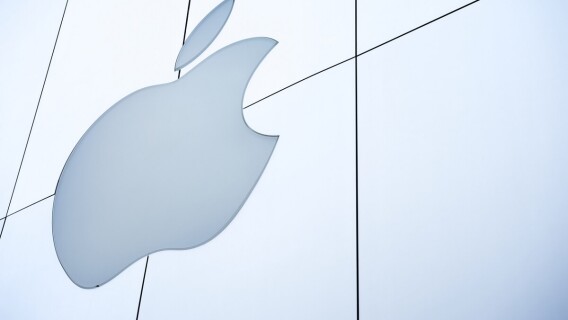Robinhood, a popular trading app that has become the poster child for retail investing, maintains an index of the most popular stocks held by its investors.
The Robinhood Investor Index is weighted by conviction (portfolio percentage of each investor holding shares), and they track that performance against the Nasdaq. They don’t disclose the exact holdings, but they do offer a visual that depicts the relative conviction in their top 10.
According to the company, here are its 10 most popular stocks by percentage of ownership among its users:
1 - NVIDIA (NVDA)
2 - Tesla (TSLA)
3 - Apple (AAPL)
4 - Amazon (AMZN)
5 - Ford Motor (F)
6 - Microsoft (MSFT)
7 - Palantir Technologies (PLTR)
8 - Meta Platforms (META)
9 - GameStop (GME)
10 - Disney (DIS)
Not surprisingly, seven of the 10 most popular stocks among Robinhood traders are tech stocks, with Ford, GameStop and Disney being the exceptions. That shows beginner investors are heeding Warren Buffett’s sage advice to “buy what you know.”
[text_ad]
What many beginner investors may not know is that the most popular stocks aren’t always the best-performing stocks.
Palantir is obviously a big winner, of course, up 378.3% in the last 12 months. Similarly, Tesla has risen by 74.1%, Nvidia is up by 54.4% and Meta is higher by 35.3%, but the 12-month performance really drops off after those four, with none of the remaining names even outperforming the Nasdaq (+26.3%).
All of them have generated positive returns in the last year, with Ford (+8.2%) being the weakest of the bunch.
Now, if your portfolio were entirely made up of the current 10 most popular stocks on Robinhood coming into the year, you’d have done quite well.
But Palantir wasn’t on this list in 2024 (although most of the other names were), which reveals one simple truth: Most beginner investors buy stocks that they know have been doing well, but may not have the fundamentals to continue doing well.
Put another way, they’re chasing past performance instead of looking to the future.
Now, it’s true that the chart is very important—stocks that are trending upward tend to keep going in that direction for a while. And despite recent concerns, it pays to remember that trends last longer than people expect.
However, a company’s story and numbers are equally important to its chart, which is what inspired our use of the term “SNaC,” a clever acronym for “Story, Numbers and Chart.” All three matter. Stocks that have one but not the other two tend not to do well. Stocks that have two of three can sometimes get by for a while, particularly if one of the two is the chart. But it may not last long.
Apple (AAPL), for example, has the story and, for now at least, the numbers, but not the chart. Apple is a beloved name, and odds are that you’re reading this on an iPhone, but there are growing concerns that they’re falling short on innovation, and that’s reflected in recent performance.
Similarly, Ford (F) and Disney (DIS) are iconic American brands that many investors see as resting on their laurels and failing to keep up with the times. In Ford’s case, it’s a failure to capitalize on EV and hybrid growth, while with Disney, they’re increasingly looking like also-rans in the streaming wars.
If you’re looking for a stock that’s both popular and a great investment, Amazon (AMZN) may be the best example on Robinhood’s list of most popular stocks. It has the story (a dominant online retailer that also handles 30%-40% of all internet traffic), numbers (37% sales growth for the last five years) and chart (+15% in the last year) to sustain it as one of the market’s great growth stocks.
Moral of the story: while popular stocks can be great stocks, it requires a lot more than popularity to have staying power on Wall Street. Sometimes, stocks become so popular that there are scarcely any buyers left. At the next sign of trouble—an earnings miss, another ho-hum product release, etc.—many of those owners could quickly become sellers.
Stocks can be fickle that way. A lot like popularity.
[author_ad]
*This post has been updated from a previously published version.

